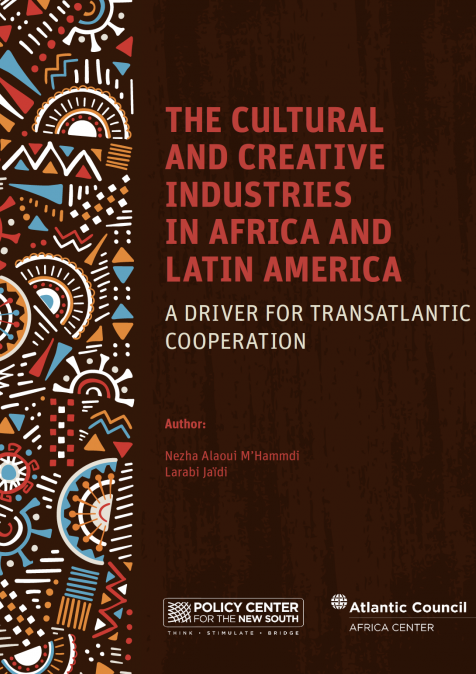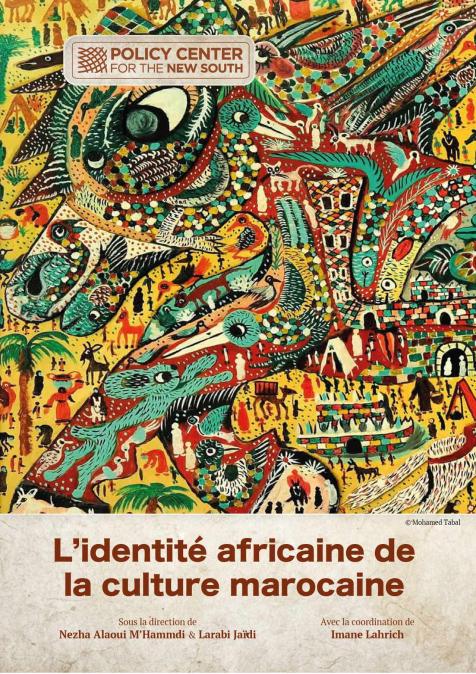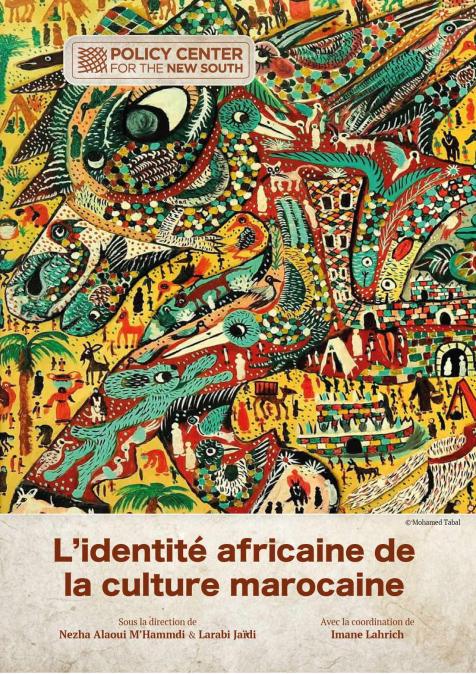Publications /
Opinion
Tosin Durotoye is an alumna of the Atlantic Dialogues Emerging Leaders Program 2018.
On an unremarkable day in 2015, I woke up and decided it was time to move back home. At the time, “home” was the United States where I’d spent my formative years and lived for over 20 years. However, my birth home – the home at the core of my identity and the home I would be returning to - was Nigeria.
My family had immigrated to the U.S. during the Abacha era – a time of great social and political unrest in Nigeria. At the time, my father had received a job offer in the U.S. and while he never had plans to return to the country where he’d lived for many years and received his master’s degree and Ph.D., he also knew that the opportunities he wanted for his children would not be found in Nigeria.
Unfortunately, the same difficult choice my father made almost three decades ago continues to be made by countless today. A recent Quartz Africa article highlighted the continued brain drain taking place in countries such as Nigeria. According to the article, the reason for what currently appears to be a mass exodus boils down to parents “thinking of their future children” – a sentiment that sounds all too familiar to me.
According to the Brookings Institute, Africa’s diaspora is composed of about 30 million people. Of this, about 8.2 million live in Europe and 2 million live in the Americas. The migration of Africans to greener pastures is nothing new. Starting in the 1960s, Africans began to migrate to the West and by the 80s, more than 30% of Africa’s highly skilled workers had departed its shores.
Today, brain drain continues to strip countries such as Nigeria – the most populous country in Africa - of its best and brightest minds. The drain is especially widespread amongst the middle class with countless skilled workers seeking and finding their way out. For example, as of March 2018, Nigerians accounted for the majority of pending asylum cases in Canada with over 11,000 claims. Even more disconcerting are estimates that show that about 2,000 doctors have left Nigeria for the West in the past two years. This is especially alarming when one considers the fact that the country has only one doctor for every 5,000 people. Overall, estimates show that there are currently only 20,000 scientists and engineers in Africa serving the continent’s population of about 1 billion people. According to the African Diaspora Policy Centre, it costs the African continent nearly $4 billion to recruit non-Africans to fill the roles vacated by skilled and educated Africans.
Truthfully, I never had plans to return back home to Nigeria. Having completed my elementary, secondary and undergraduate education, I went on receive a master’s degree in city planning from New York University’s Wagner School of Public Service. I would work in various capacities in the housing and community development space for over a decade. From government to consulting to social enterprise – I spent several years working to support communities and cities within the U.S. While my work was extremely fulfilling and impactful, I suddenly found myself in the midst of a what could best be described as an existential crisis. The Obama-era had come to what felt like an abrupt end and the energy in the country had shifted. All of a sudden, I started questioning my place in the world and couldn’t help but feel that I could be doing more. I felt like I’d contributed a great deal to my second home but wondered when and how I would be led to do the same for my homeland where I believed the need was much greater. This is why it wasn’t altogether surprising when, on that unremarkable day in 2015, I decided it was time to find my way back home.
In spite of the great losses to the continent, there appears to be an emerging bright spot. Parallel to the brain drain is a brain gain. Although data on repatriates moving back to the continent is difficult to source, there is strong anecdotal evidence that as economic crises and social unrest become the norm in several western countries – many young people of African descent have considered or begun moving back to the Continent. According to a survey by Jacana Partners, a pan-African private equity firm, nearly 70% of African MBA students at the top 10 U.S. and European schools planned to return home and work after graduation. As of 2017, Movemeback – a platform for Africans seeking opportunities to return to the Continent – had grown to over 10,000 members in just three years.
For me, one of the biggest drivers for moving back to Nigeria was the feeling that I had hit my professional ceiling in the U.S. and my options to drive considerable impact were limited in its saturated markets. Still, like many before me who took the leap, I quickly discovered that the actual process of moving back was not without its challenges. Between the recession that gripped the country in 2016 to the adjustment of moving back to a land I hadn’t lived in for over 20 years – the move was slow, tricky and took me almost two years to complete. In spite of this, I can say – without a shadow of a doubt – that moving back home has been one of the best decisions I’ve made to date.
In Nigeria, as mainstay industries such as oil and gas were hit by the 2016 economic recession – many young people began to seek other areas of opportunities. The tech industry quickly emerged as the next frontier. In 2018 alone, African tech startups raised an estimated $334.5 million in funding (up from $195 million in 2017) with countries such as Nigeria, South Africa and Kenya becoming hotbeds for innovation and a new class of young people known as founders. The potential and opportunities found within the tech ecosystem has been a magnet and promising haven for a generation of young Nigerians and repats alike. In my case, my first job was establishing Greenhouse Lab – the first female-focused tech accelerator program in Nigeria and the first “Powered by Google Developers” program in Africa. The inaugural cohort received over 100 applications from seven different African countries as well as the U.S. For the first time in a long time, I could see the immediate impact of my contributions.
As I think of my journey so far, I’m reminded of my younger brother who also moved back to Nigeria just over two years ago. Since moving back, he’s taken on a role within a global NGO that serves enterprising people in the developing world to build competitive farms, businesses and industries. In this role, he is responsible for managing a food fortification program in Kenya, Nigeria and Tanzania. Then there’s my younger sister who joined the United Nations and also relocated back to the Continent over two years ago. She’s since led a maternal and infant health program in Sierra Leone and a peacebuilding project in The Gambia. For all three of us, moving back to Africa happened in different ways – but one thing ties us all together: the fulfillment we’ve experienced from bringing our talents back home where the needs are great and our contributions are impactful and deeply meaningful.
It would be misguided to portray moving back to Africa as an easy decision – it is not. There are several considerations one must make prior to making the leap. For example, is there a safety net of some sort to cushion the landing? Is there a specific opportunity in-hand or focused pursuit? Is there an available support network to provide guidance during those rough patches? While these questions must be carefully considered and weighed – my opinion remains the same: moving back home is an experience of a lifetime. The opportunity to drive change, make considerable impact and add to the building blocks of a developing country can be extremely fulfilling.
Today, I stand by the belief that in order to move Africa forward – as many of us as possible must contribute to her development in ways big and small. We must continue to counter the brain drain when possible with the understanding that if we all leave; never to return – then we will leave nothing for our children and their children and their children’s children to inherit. We will strip Africa our minds and our hands – her only true remaining hope.
The opinions expressed in this blog post are the views of the author.










